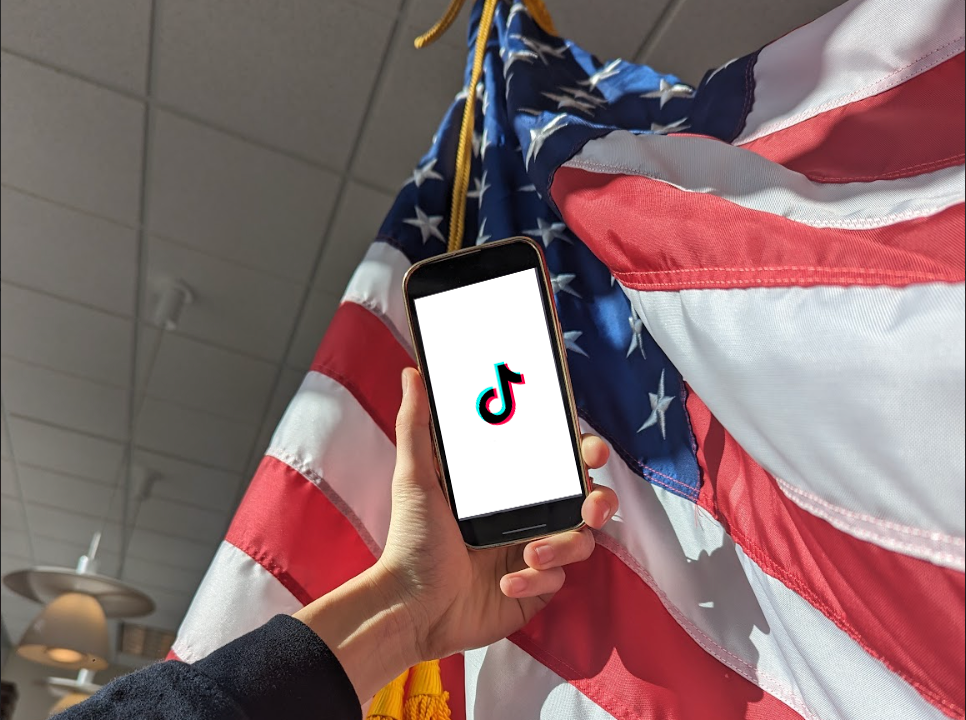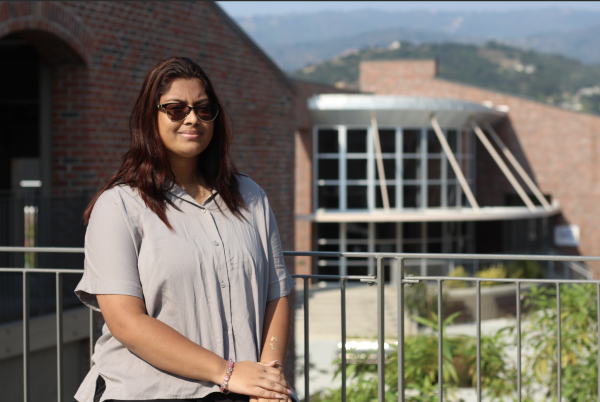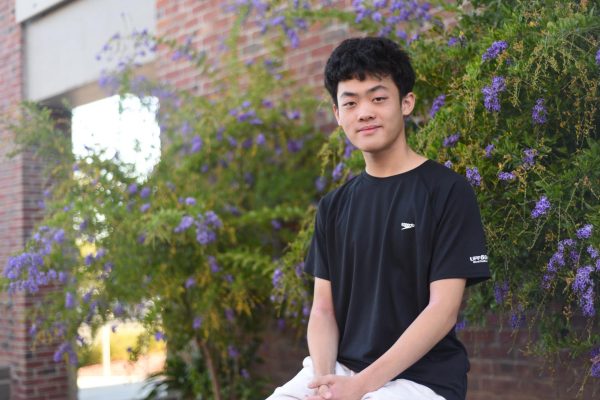With over 1 billion active users, TikTok is the fourth largest social media platform in the world, a staple on most teenagers’ phones at MVHS.
However, this platform facilitating global expression may soon be snatched from the market. On Wed. March 13, the House of Representatives passed a bill that would, in effect, ban TikTok. More specifically, the bill would require divestment, selling the app to an American company — though the Washington Post argues the time provided to the company is not sufficient to find a buyer and sell the app, making a ban extremely likely. Though a ban on TikTok has been threatened in the past — notably with an 2020 Executive Order by President Trump that resulted in TikTok partnering with Oracle to safeguard U.S. data — this bill’s requirements render it much more likely to result in a full-on ban.
The bill was the result of concern over issues of national security and privacy, with the Chinese Communist Party (CCP) having access to American data through TikTok users. Because TikTok’s owner, ByteDance, is a Chinese company, certain Chinese laws allow the CCP to potentially demand data from the company for intelligence-gathering purposes.
Nonetheless, this bill misses the mark on protecting American interests. TikTok has proposed Project Texas, a measure to address American data security concerns through relocating all data from users in the U.S. to U.S.-based servers. This $1.5 billion plan’s goal is to restore American security in TikTok, as data stored in the U.S. would be subject to American privacy laws. The plan also includes a close monitoring of data transfer to ensure that user data does not improperly leave the U.S. Additionally, measures such as bans of the app on federal devices are already in place, protecting sensitive data from reaching the hands of the CCP.
Yet, a ban is still on the horizon. Why? Lawmakers want to present an image that they are tough on the CCP. While the ban paints TikTok as a data-guzzling tool for Chinese propaganda, it does not take into account the millions of Americans that utilize the platform for good — social good that allows millions of Americans to express their opinions. TikTok is a platform for community building, a key to activism movements such as #MeToo and other grassroots movements that spread awareness and have sometimes resulted in real-world policy change, especially among high school students.
Another argument for the ban is the supposed spread of misinformation rampant on TikTok. The platform’s strong content recommendation algorithm means that there is potential for TikTok recommending users content that pushes their own ideals, a growing problem recently as American critics believe that TikTok has “fueled the spread of antisemitism and promoted pro-Palestinian content to American users” in light of the Israel-Palestine conflict.
Nevertheless, this is no reason to ban free speech. It’s protected by the First Amendment and the Supreme Court has confirmed the government can’t ban foreign propaganda. Misinformation is also a problem that exists on all platforms, and is not unique to TikTok — social media sites such as Instagram and X face the same. TikTok, like most other social media platforms, has attempted to combat this issue through utilizing content guidelines to filter out misinformation. Although it can’t filter out everything, TikTok should not be singled out for this problem when it is not one that they are individually facing.
The ban’s negative consequences also extend further than losing a platform for social good and expression. Plenty of successful creators will lose their careers, especially small creators — students, small businesses, stay-at-home parents, and more — whose platform is mainly on TikTok and who rely on it to support their livelihoods. Crucially, 40% of Gen Z Americans have a side hustle and TikTok, on average, generates 64% higher yields than other platforms, supporting millions of businesses and creators. The ban also has the unintended effect of strengthening the monopolies on social media platforms held by industrial tech giants, reducing the choice afforded to citizens.
Of course, data security concerns are very real — breaches are common and do have the potential to reveal the personal information of millions of users. But this problem is not one that only affects data from TikTok, and thus just targeting TikTok for this issue means the ban is more for political theater than anything else. We need to hold Facebook, X, Reddit and other platforms accountable for the same thing. The ban also has much more far-reaching effects than simply being a political tool — the negative impacts on social activism, expression and the ability to generate revenue make it clear that getting rid of TikTok will do more harm than good.












